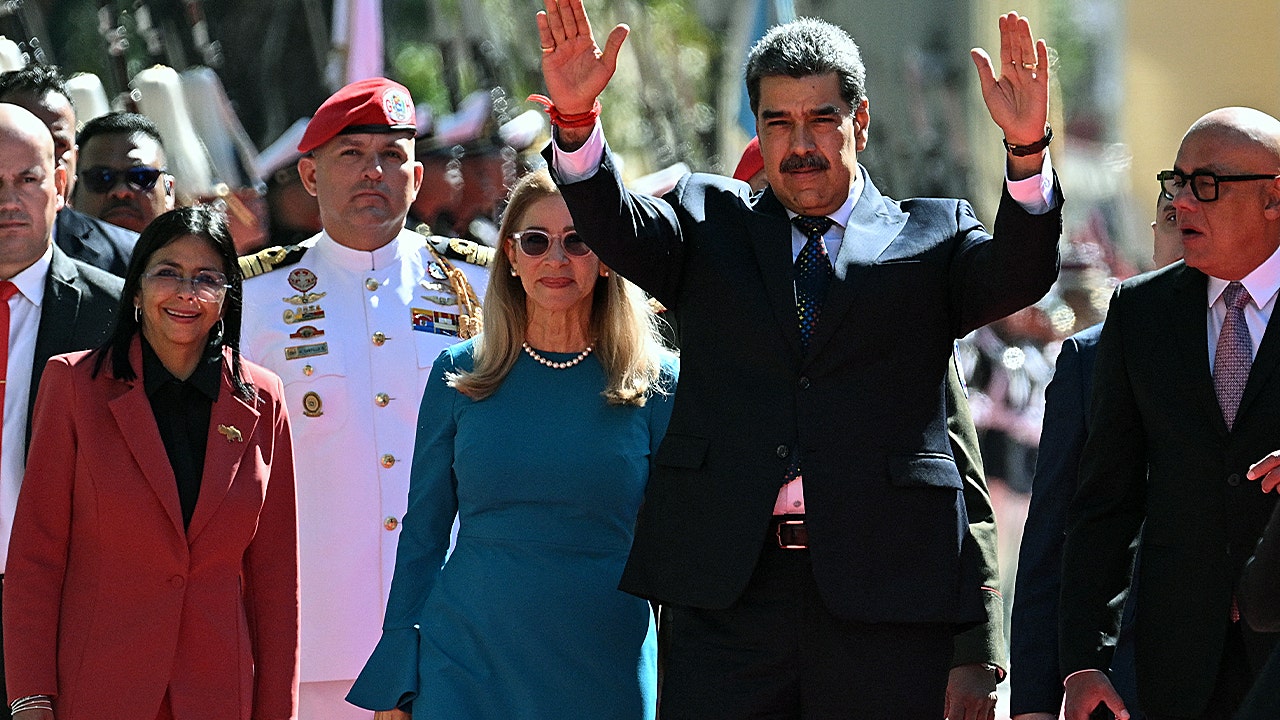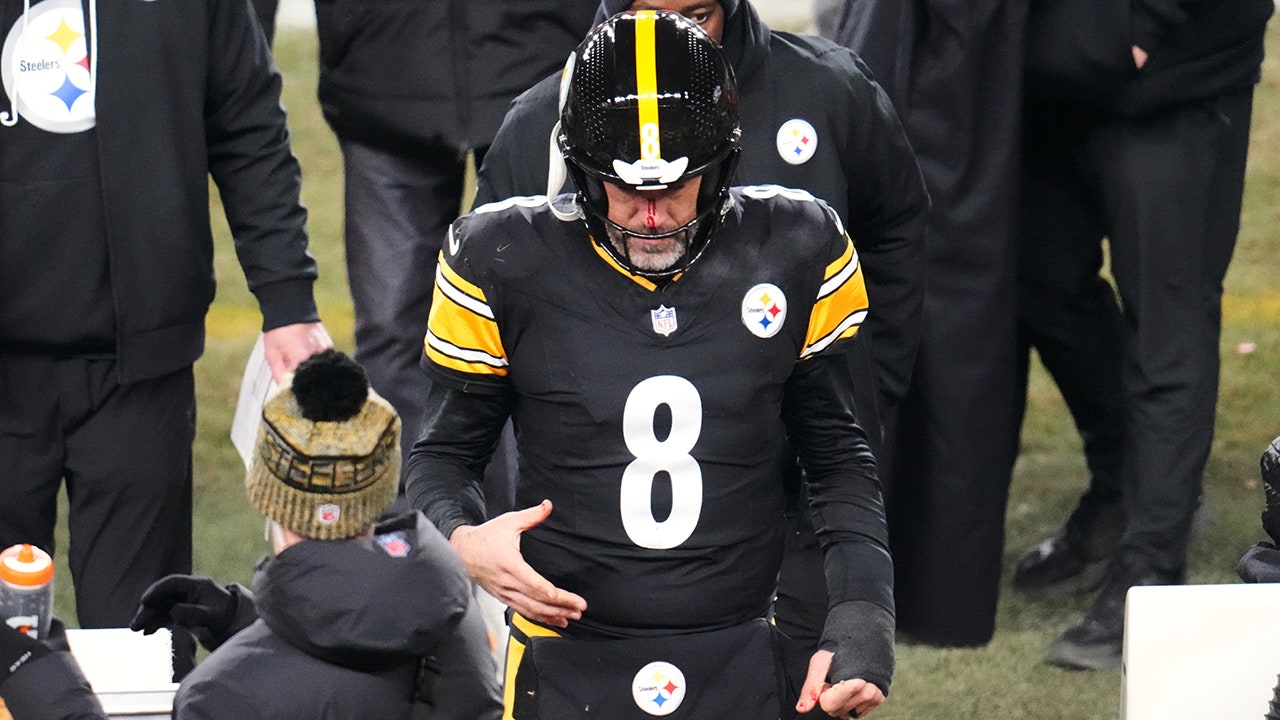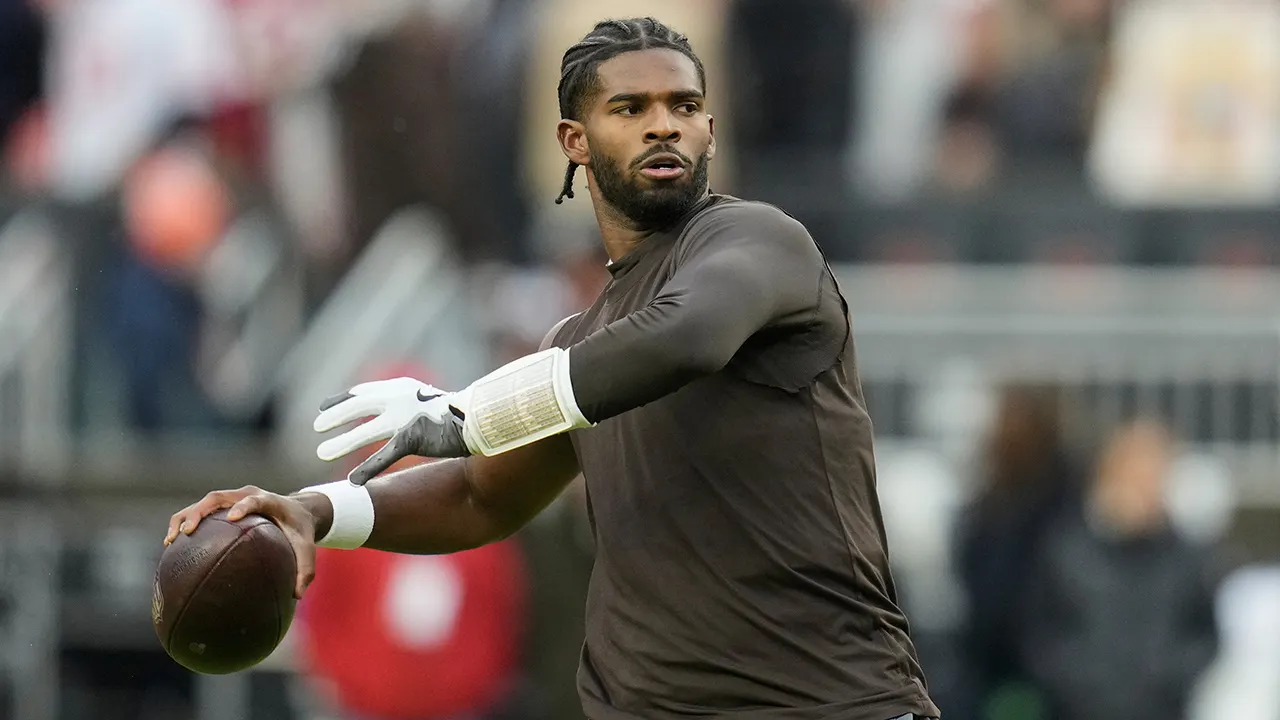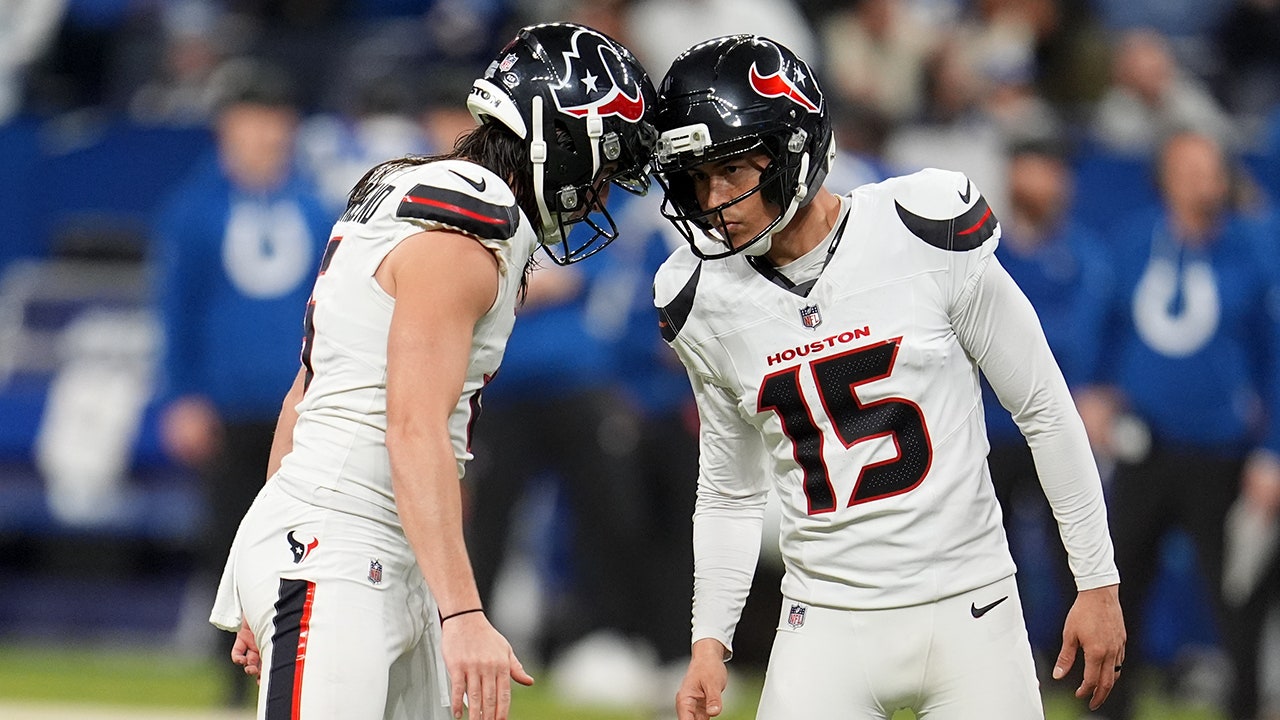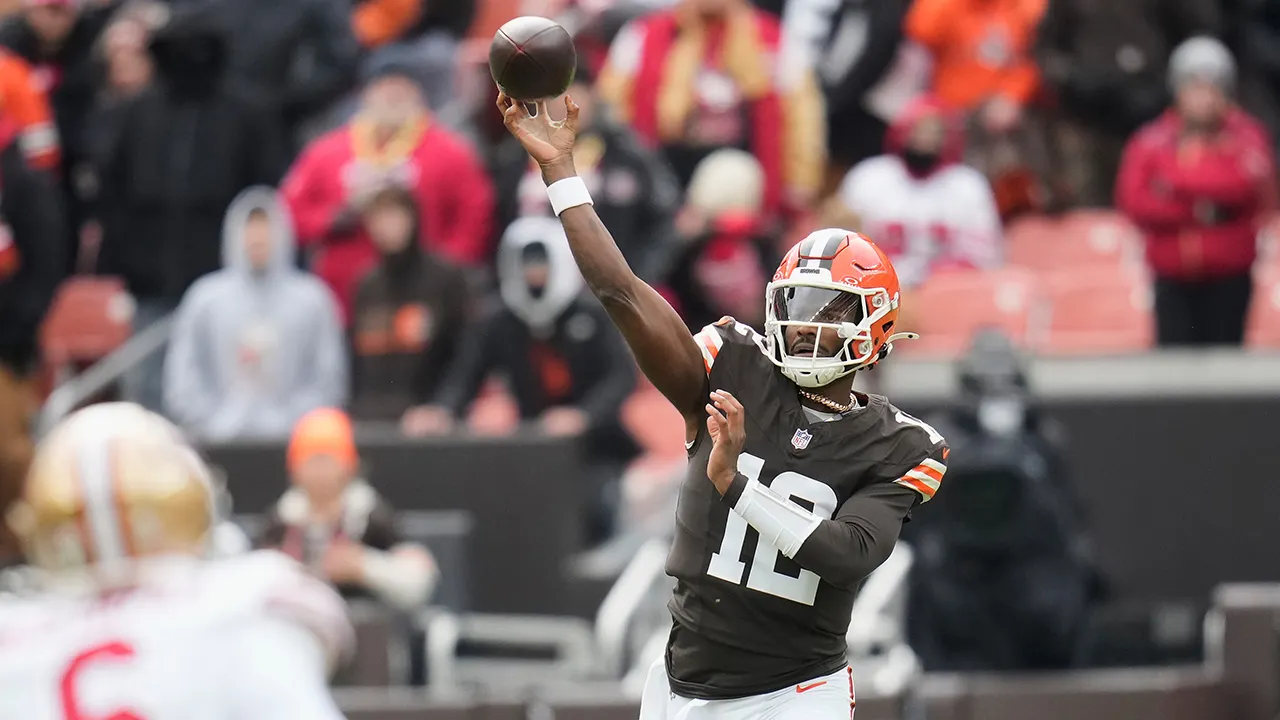Rights Without Responsibility = Chaos
Protecting What Makes America Different
The United States is unique because our Constitution enshrines not just the freedom to live, but the freedom to speak, believe, publish, and defend ourselves. The First and Second Amendments are not window dressing; they are the backbone of liberty.
Other nations promise “rights” in glossy documents, but those promises often vanish when tested. In America, those rights are written in ink that binds not just governments but generations. That difference explains why millions fight to come here — because freedom here is not a privilege granted by rulers; it is a birthright.
Yet somewhere along the way, many Americans confused “protection” with “permission to abuse.” Defending rights does not mean denying reality: when you cross the line, consequences follow. That’s true whether you use words as weapons or weapons irresponsibly.
The First Amendment: Wide, but Not Infinite
The First Amendment protects the ugly as much as the beautiful. Political dissent, controversial art, religious expression, even harsh criticism of the government — all of it is safeguarded. Without that protection, the state could silence whoever it dislikes, and we would drift toward tyranny in silence.
But free speech has never meant absolute immunity. You cannot:
- Directly incite a mob to violence.
- Issue true threats against a person’s life.
- Commit defamation without proof.
- Use fraud, perjury, or criminal conspiracy and call it “speech.”
The Brandenburg v. Ohio ruling (1969) made this clear: speech loses protection when it is both intended and likely to cause imminent lawless action. That’s not censorship; that’s common sense. This is why the old phrase about “yelling fire in a crowded theater” still gets repeated — not because it’s the current legal test, but because it illustrates how reckless words can spark chaos when no danger exists.
The phrase itself came from Schenck v. United States (1919), but that standard was narrowed in later rulings. Today, the controlling test remains Brandenburg.
But it’s also worth noting that while the First Amendment protects you from government censorship, it doesn’t shield you from civil consequences. If a false alarm disrupts an event, causes panic, or results in financial loss, the speaker can be sued for damages in civil court. Free speech protects you from jail for lawful expression, but it does not grant immunity when your words create measurable harm.
The Second Amendment: The Same Logic Applies
The Second Amendment is also clear: “the right of the people to keep and bear Arms, shall not be infringed.” That right was reaffirmed in District of Columbia v. Heller (2008), applied to the states in McDonald v. City of Chicago (2010), and further clarified in Caetano v. Massachusetts (2016) to include modern “arms” such as stun guns.
More recently, New York State Rifle & Pistol Association v. Bruen (2022) strengthened protections for public carry, and United States v. Rahimi (2024) upheld laws disarming individuals subject to domestic violence protective orders, applying the Bruen historical-tradition test in a narrow context. Meanwhile, in the lower courts, the Ninth Circuit’s en banc ruling in Duncan v. Bonta (2025) upheld California’s large-capacity magazine ban under the Bruen test — showing that not all gun regulations are struck down.
But just as the First Amendment doesn’t protect defamation or true threats, the Second Amendment doesn’t shield criminal misuse. Using a firearm to rob a store, intimidate a neighbor, or settle a grudge has always carried consequences. The principle is the same: protect the right, punish the abuse.The temptation is always there to swing to extremes — some want to regulate guns into oblivion because a few misuse them, just as others want to censor speech because some abuse it. Both impulses miss the point: you don’t throw away the right because someone failed the responsibility.
Consequences Are Not Censorship
Too often, critics confuse consequences with censorship. If a talk-show host says something vile and loses advertisers, that’s not the government jailing them — that’s the marketplace reacting. If a gun owner commits a crime with a firearm and ends up in prison, that’s not “infringement” — that’s accountability.
The same principle applies in the workplace. Many companies enforce codes of conduct to protect their reputation and ensure a respectful environment. If an employee engages in speech that crosses into hate or harassment, it can jeopardize coworkers’ safety or invite retaliation. In such cases, employers have both a legal and moral duty to act — not to censor ideas, but to preserve a workplace where all employees can thrive without fear of being targeted because of what someone else said.
Both rights are about protecting liberty from government overreach, not providing a get-out-of-jail-free card when someone abuses their freedom.But here’s the danger: when consequences are applied unevenly, the culture corrodes. When celebrities get away with what ordinary people cannot, or when politicians write laws that exempt themselves, the principle is betrayed. Accountability must be consistent, or it becomes just another partisan tool.
Optics Over Principle: The Elite Problem
For decades, politicians, media pundits, Hollywood elites, and talk-show personalities have treated free speech like a costume. It’s not about principle — it’s about optics. They demand the right to say whatever they want when it benefits them, but call for censorship when speech offends their own camp.
The same hypocrisy infects debates about guns. A celebrity’s armed security detail is “sensible protection,” but your concealed carry permit is “dangerous.” Politicians posture on stage with armed guards, then vote to restrict the very tools they themselves rely on.I covered this dynamic in my earlier piece, How Politicians Taught a Nation to Rage. Rage sells, principles don’t — and it’s killing honest debate. Outrage has become the cheapest political currency. But like counterfeit money, it eventually bankrupts those who spend it.
Rights Without Responsibility = Chaos
A free society must do two things at once:
- Protect rights vigorously — no half-measures, no excuses.
- Enforce responsibility consistently — no favoritism, no hypocrisy.
When speech crosses into violence, hold people accountable. When firearms are misused, prosecute fully. But don’t weaponize “consequences” as a partisan cudgel to silence only the other side.
History shows what happens when that balance collapses. The Sedition Act of 1798 criminalized criticism of government — a low point for free speech. Reconstruction-era “Black Codes” and later Jim Crow laws stripped firearms from freedmen — leaving them defenseless against terror. McCarthyism blacklisted speech in the name of patriotism. Each example shows the same lesson: rights without principle become privileges for the powerful.
The Cultural Ripple Effect of Responsibility
Rights and responsibilities don’t just exist in the courtroom; they ripple through culture. A responsible gun owner doesn’t just follow the law; they teach their children safety, they store firearms properly, they train regularly. A responsible speaker doesn’t just avoid breaking the law; they weigh their words, knowing that words can wound just as surely as weapons.
When these responsibilities are honored, communities grow stronger. When they’re ignored, chaos fills the void. Just as a reckless gun owner tarnishes the reputation of millions of responsible ones, a reckless public figure damages the credibility of free speech itself.
Temptation, False Premises, and the Power of Influence
The greatest danger in both speech and arms is not just the action itself, but the temptation to use influence dishonestly. Temptation whispers that if you bend the truth a little, or frame a false premise cleverly, you can sway the crowd to your side. Politicians, activists, elites, media, and celebrities have often fallen into this trap — choosing manipulation over honesty, optics over principle.
Scripture reminds us that temptation is not new — it has always been a test of character. “Watch and pray so that you will not fall into temptation. The spirit is willing, but the flesh is weak” (Matthew 26:41). Even the strongest among us can stumble if we let pride or power guide our decisions.
Influence is powerful, and when used truthfully it can build up a nation. When twisted with false premises, it can destroy trust and fracture communities. “Woe to those who call evil good and good evil, who put darkness for light and light for darkness” (Isaiah 5:20). These warnings aren’t just about ancient times; they apply directly to our culture of rage, misinformation, and careless words.
Crossing the line doesn’t always happen with a shout; sometimes it happens with a whisper. The temptation to manipulate, deceive, or provoke for gain is just as dangerous as the temptation to misuse a weapon. Both corrupt what was meant to protect.
Closing Thought
Being pro–First Amendment and pro–Second Amendment doesn’t mean turning a blind eye to abuse. It means fighting for broad protection while accepting that freedom without responsibility is anarchy. Rights stay strong only when paired with accountability.
If politicians, media, and Hollywood truly cared about principle, they’d embrace that truth. Instead, too often, they chase optics. The rest of us don’t have that luxury — we have to live in the real world, where rights mean responsibility, and crossing the line comes with consequences.
And we are warned plainly about the cost of careless words and reckless deeds: “But I tell you that everyone will have to give account on the day of judgment for every empty word they have spoken” (Matthew 12:36). Freedom of speech does not absolve us from responsibility for our words.Likewise, with great responsibility comes vigilance: “Be alert and of sober mind. Your enemy the devil prowls around like a roaring lion looking for someone to devour” (1 Peter 5:8). Freedom is fragile — and temptation waits at its edges, testing whether we will use it with wisdom or waste it in arrogance. Protecting our rights means guarding our hearts as much as our laws.
Max Tactical Firearms, LLC is a licensed FFL and SOT dealer offering a broad range of products for beginners to expert firearms enthusiasts. With an extensive online store featuring over 40,000+ products from more than 500+ brands, you’ll find everything from firearms and archery to hunting, camping, survival gear, optics, and more. Max Tactical Firearms, LLC also specializes in NFA items, including suppressors, SBRs, and other Class III firearms, and they ship regulated orders to FFLs nationwide while also accepting transfers. Additionally, they offer custom heirloom-grade display cases and handcrafted leather goods built to last.
Read the full article here




